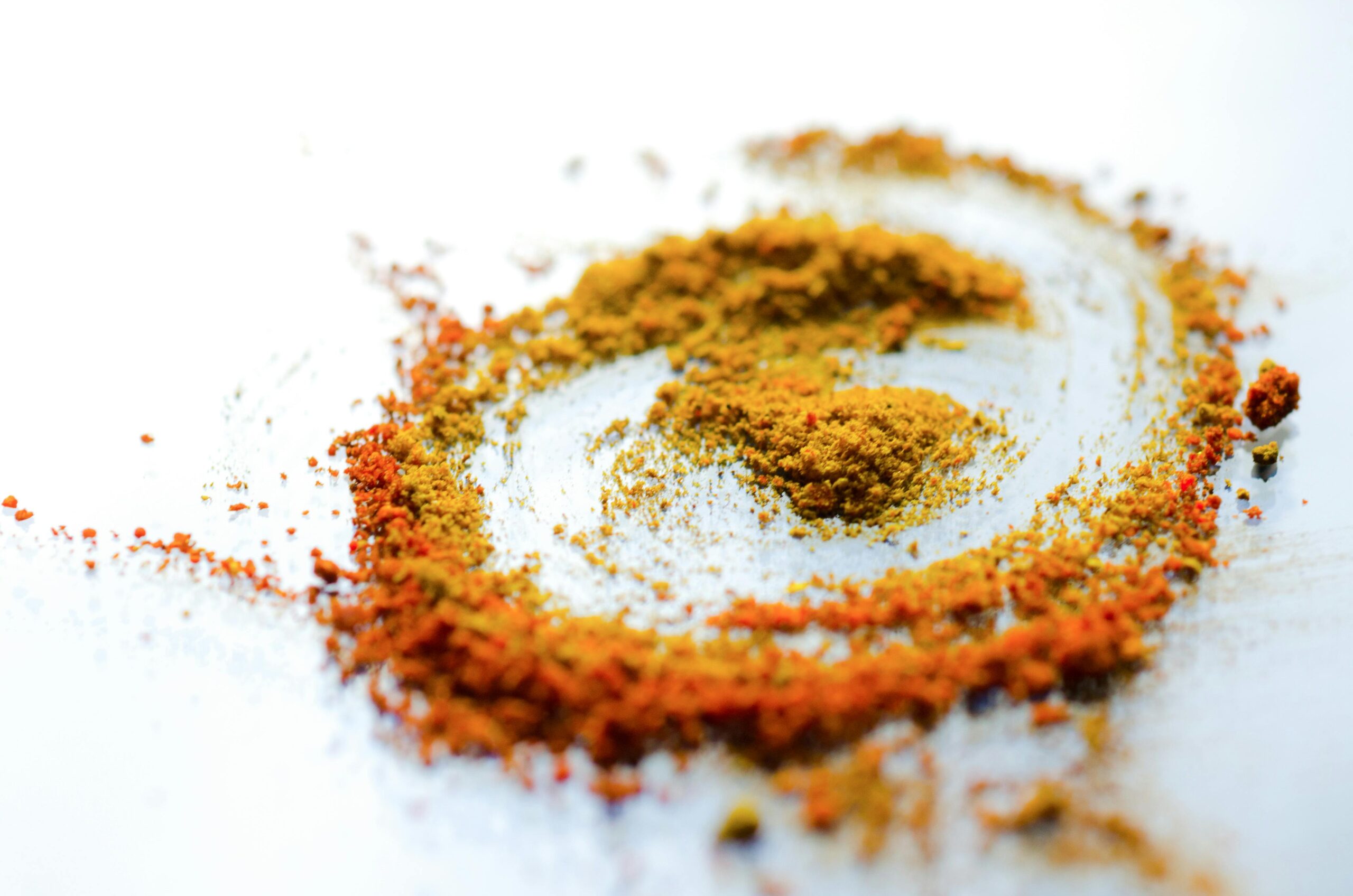Jojoba oil is a natural oil extracted from the seeds of the jojoba plant, which is native to the southwestern United States. It is, in fact, a liquid wax rather than an oil, and it closely resembles the natural oils produced by the skin, making it an excellent choice for skincare. Jojoba oil is rich in vitamins and minerals, including vitamin E, B-complex vitamins, zinc, copper, selenium, and chromium.
These nutrients provide nourishment and protection to the skin, making jojoba oil a popular ingredient in many skincare products. Jojoba oil is known for its moisturising and emollient properties, making it an ideal choice for dry and sensitive skin. It is non-comedogenic, meaning it does not clog pores, making it suitable for all skin types, including oily and acne-prone skin.
Jojoba oil is also known for its anti-inflammatory and antibacterial properties, which can help soothe and heal the skin. Additionally, jojoba oil has a long shelf life and is resistant to rancidity, making it a stable and reliable ingredient in skincare products.
Summary
- Jojoba oil is a natural oil that closely resembles the skin’s own sebum, making it an excellent moisturiser for all skin types.
- When cleansing with jojoba oil, use it as a makeup remover and follow up with a gentle cleanser to ensure all residue is removed.
- Jojoba oil has anti-inflammatory properties that can help reduce redness and inflammation associated with acne and blemishes.
- The antioxidants in jojoba oil can help protect the skin from environmental stressors and reduce the appearance of fine lines and wrinkles.
- When incorporating jojoba oil into your skincare routine, start with a patch test to ensure you don’t have any adverse reactions, and gradually increase usage as needed.
Cleansing and Moisturising with Jojoba Oil:
Effective Cleansing
When used as a cleanser, jojoba oil can effectively remove dirt, makeup, and impurities from the skin without stripping away its natural oils. It can be used on its own as a gentle and effective makeup remover, or it can be mixed with other oils or cleansers for a deeper cleanse.
Simple Application
To use jojoba oil as a cleanser, simply massage a small amount onto dry skin, then rinse with warm water and pat dry.
Hydrating Properties
As a moisturiser, jojoba oil can help hydrate and nourish the skin without leaving a greasy residue. Its lightweight texture allows it to be easily absorbed into the skin, leaving it soft and supple. Jojoba oil can be used on its own as a facial moisturiser, or it can be added to other skincare products to boost their hydrating properties. It can also be used as a body moisturiser to soothe dry and rough skin. To use jojoba oil as a moisturiser, simply apply a few drops onto clean, damp skin and massage in gently until fully absorbed.
Treating Acne and Blemishes with Jojoba Oil:
Jojoba oil is a popular choice for treating acne and blemishes due to its anti-inflammatory and antibacterial properties. It can help reduce redness and inflammation associated with acne, while also helping to control excess oil production. Jojoba oil can also help unclog pores and prevent the formation of blackheads and whiteheads.
Its non-comedogenic nature makes it suitable for acne-prone skin, as it does not exacerbate breakouts. To use jojoba oil for acne treatment, simply apply a small amount onto clean skin and massage in gently. Alternatively, jojoba oil can be added to other acne-fighting ingredients such as tea tree oil or witch hazel for a more targeted treatment.
Regular use of jojoba oil can help improve the overall appearance of the skin by reducing the frequency and severity of breakouts, as well as fading acne scars and blemishes.
Using Jojoba Oil for Anti-Aging Benefits:
Jojoba oil is also valued for its anti-aging properties, thanks to its rich content of antioxidants and nutrients. Vitamin E, in particular, helps protect the skin from free radical damage and UV radiation, which can lead to premature aging. Jojoba oil also helps improve the skin’s elasticity and firmness, reducing the appearance of fine lines and wrinkles.
Its moisturising properties help plump up the skin, giving it a more youthful and radiant appearance. To use jojoba oil for anti-aging benefits, simply apply a few drops onto clean skin and massage in gently. It can also be added to other anti-aging products such as serums or creams to enhance their effectiveness.
Regular use of jojoba oil can help improve the overall texture and tone of the skin, reducing the signs of aging and promoting a more youthful complexion.
Incorporating Jojoba Oil into Your Skincare Routine:
Incorporating jojoba oil into your skincare routine is easy and versatile. It can be used on its own as a standalone product or mixed with other skincare ingredients to create customised treatments. Jojoba oil can be used as a cleanser, moisturiser, or treatment product, making it suitable for all steps of your skincare routine.
It can also be used on both the face and body, providing nourishment and protection to the skin from head to toe. To incorporate jojoba oil into your skincare routine, start by using it as a cleanser to remove makeup and impurities from the skin. Follow up with a few drops of jojoba oil as a moisturiser to hydrate and nourish the skin.
For targeted treatments, such as acne or anti-aging care, mix jojoba oil with other ingredients to create customised treatments that address specific concerns. With regular use, you’ll notice an improvement in the overall health and appearance of your skin.
DIY Jojoba Oil Face Masks and Treatments:
Soften and Hydrate
For instance, mixing jojoba oil with honey and oatmeal creates a soothing and hydrating face mask that is ideal for dry or sensitive skin.
Soothe and Heal
Adding jojoba oil to aloe vera gel creates a calming and healing treatment for sunburned or irritated skin. Another popular DIY treatment is mixing jojoba oil with sugar or coffee grounds to create an exfoliating scrub that helps remove dead skin cells and promote cell turnover. This can help improve the overall texture and tone of the skin, leaving it smooth and radiant.
Customise Your Skincare
By creating your own DIY treatments with jojoba oil, you can tailor them to your specific skincare needs while avoiding harsh chemicals and preservatives found in many commercial products.
Tips for Choosing and Storing Jojoba Oil:
When choosing jojoba oil for skincare purposes, look for high-quality, cold-pressed oils that are free from additives or preservatives. Organic jojoba oil is also preferable, as it ensures that the oil is free from pesticides or other harmful chemicals. Store jojoba oil in a cool, dark place away from direct sunlight to prevent oxidation and rancidity.
A dark glass bottle with a tight-fitting lid is ideal for preserving the freshness and potency of the oil. When using jojoba oil in skincare products or DIY treatments, always perform a patch test first to ensure that you do not have any adverse reactions to the oil. Apply a small amount onto a discreet area of the skin and wait 24 hours to check for any signs of irritation or sensitivity.
If no adverse reactions occur, you can safely incorporate jojoba oil into your skincare routine. In conclusion, jojoba oil is a versatile and beneficial ingredient for skincare that offers a wide range of benefits for all skin types. From cleansing and moisturising to treating acne and aging concerns, jojoba oil can be incorporated into your skincare routine in various ways to promote healthy and radiant skin.
Whether used on its own or combined with other natural ingredients in DIY treatments, jojoba oil is a valuable addition to any skincare regimen. By following these tips for choosing and storing jojoba oil, you can ensure that you are getting the most out of this natural wonder for your skin.
If you’re looking to incorporate more natural ingredients into your skincare routine, you might be interested in learning about anti-aging skincare recipes with natural ingredients. This article from Best Skincare Products offers some great DIY options for maintaining youthful and radiant skin. Check it out here.
FAQs
What is jojoba oil?
Jojoba oil is a liquid wax extracted from the seeds of the jojoba plant, which is native to the southwestern United States. It is known for its similarity to the natural oils produced by the skin, making it a popular ingredient in skincare products.
How can jojoba oil benefit the skin?
Jojoba oil is known for its moisturizing and balancing properties. It can help regulate sebum production, making it suitable for both oily and dry skin types. It also has anti-inflammatory and antibacterial properties, making it beneficial for acne-prone skin.
How can jojoba oil be used for balanced skin?
Jojoba oil can be used as a moisturizer for the face and body. It can also be used as a makeup remover, facial cleanser, or added to bath water for a hydrating soak. Additionally, it can be used as a carrier oil for essential oils or as a scalp treatment for dry or flaky skin.
Is jojoba oil suitable for all skin types?
Yes, jojoba oil is non-comedogenic, meaning it is unlikely to clog pores, making it suitable for all skin types, including oily and acne-prone skin. It is also gentle enough for sensitive skin.
Are there any precautions to consider when using jojoba oil?
While jojoba oil is generally safe for use, it is always recommended to do a patch test before using it on the skin, especially for those with sensitive skin or allergies. Additionally, individuals with nut allergies should be cautious, as jojoba oil is derived from the seeds of the jojoba plant.




